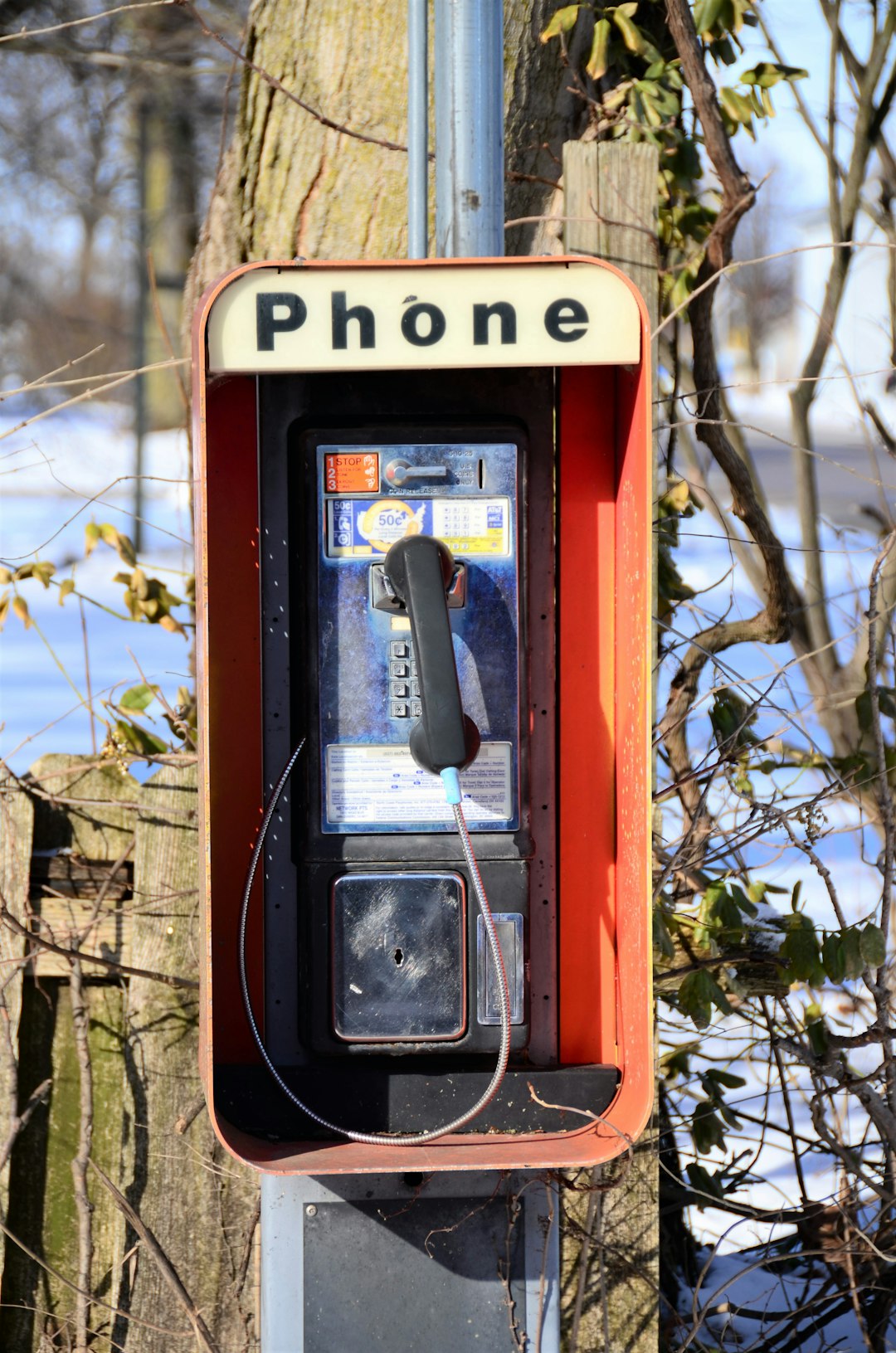Maine's Fair Debt Collection Practices Act (MDLPA) and "Do Not Call" regulation protect consumers from aggressive debt collection practices, especially during financial hardships. Law firms operating in Maine must validate debts, stop calling upon request, and respect individuals' privacy. Consumers can file complaints with the Maine Attorney General's Office and seek legal counsel for robust protection against violations, which may incur actual costs, statutory penalties, and punitive damages.
In Maine, the Fair Debt Collection Practices Act (MDLPA) governs how debt collectors operate within the state. Understanding these regulations is crucial for both consumers and debt collection agencies alike. This article breaks down the key provisions and restrictions of the MDLPA, including the significance of the ‘Do Not Call’ rule for law firms in Maine. We’ll also explore consumer rights and the steps they can take if their rights are violated, ensuring folks know their protections under this vital legislation.
Understanding Maine's Fair Debt Collection Practices Act (MDLPA)

In Maine, the Fair Debt Collection Practices Act (MDLPA) governs how debt collectors can interact with consumers. Understanding this act is crucial for both debtors and creditors to ensure fair and ethical debt collection practices. The MDLPA outlines specific rules that debt collectors must follow when attempting to collect debts, including restrictions on when and how they can contact individuals. For instance, collectors are prohibited from calling consumers at unreasonable times or places, using deceptive or misleading tactics, or employing harassment during their efforts to recover debts.
Additionally, the law mandates that debt collectors provide proper identification and validation of the debt upon initial contact with a consumer. Debtors have rights under the MDLPA, including the right to dispute the validity or amount of the debt. This legislation is designed to protect consumers from aggressive or unfair collection methods, ensuring that debt collection activities are conducted in a transparent and respectful manner, especially when consumers face financial hardships.
Key Provisions and Restrictions for Debt Collectors in Maine

In Maine, debt collectors must adhere to specific rules and regulations outlined in the Fair Debt Collection Practices Act (FDCPA). These laws protect consumers from aggressive or unfair practices when dealing with debt collection agencies. One of the key provisions is the restriction on contacting individuals at inconvenient times or places, including repeated calls to law firms without legitimate business purpose, often referred to as the “Do Not Call” rule. Debt collectors are prohibited from making harassing or abusive phone calls, using false or misleading statements, and threatening language.
Additionally, they must provide proper validation of the debt upon request and cease collection efforts if the consumer disputes the debt in writing. Maine’s laws ensure transparency and fairness in debt collection, empowering consumers to protect their rights while holding collectors accountable for ethical conduct. This balance ensures a more harmonious interaction between debtors and collectors, promoting a sensible approach to resolving outstanding debts.
What Does Do Not Call Mean for Law Firms in Maine?

In Maine, the “Do Not Call” regulation is a significant protection for consumers dealing with debt collection practices. This means that law firms specializing in debt collection must adhere to strict guidelines when contacting potential clients. If a consumer has registered on the state’s Do Not Call list, it is prohibited for these law firms to make telephone calls or engage in any form of communication with that individual for the purpose of collecting a debt.
This regulation ensures that individuals have control over their privacy and can rest assured that their personal information will not be subject to unsolicited contact from debt collectors. It’s an essential right that allows Maine residents to manage their communications more effectively, especially when dealing with financial issues. By respecting these boundaries, law firms can maintain a professional and ethical approach in their debt collection practices.
Consumer Rights and Recourse When Violations Occur

When it comes to consumer rights in debt collection, Maine has specific laws that protect individuals from unfair or abusive practices. If a debt collector violates these regulations, consumers have recourse and can take action. One significant right is the “Do Not Call” rule, which prohibits collectors from contacting consumers at their homes or places of work using automated dialing systems or pre-recorded messages without prior consent. This includes calling law firms, unless the consumer has specifically authorized it.
In case of violations, consumers can file a complaint with the Maine Attorney General’s Office, which actively enforces fair debt collection practices. They may also seek legal advice from an attorney specializing in consumer rights or consult with local legal aid organizations. Damages for violations can include actual costs incurred, statutory penalties, and even punitive damages in certain cases, ensuring that consumers have multiple options to enforce their rights and hold debt collectors accountable.






